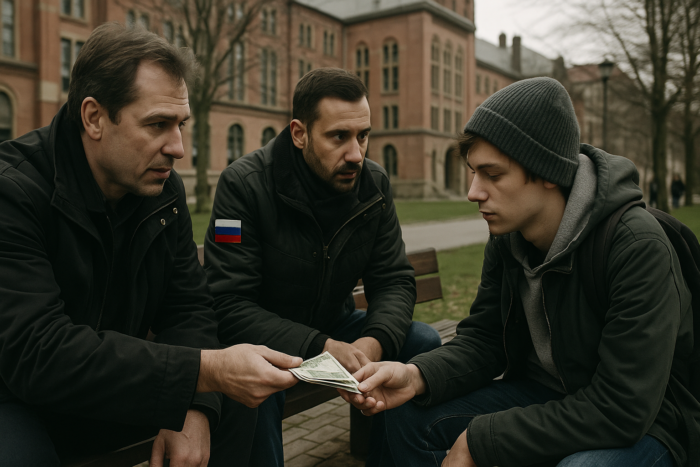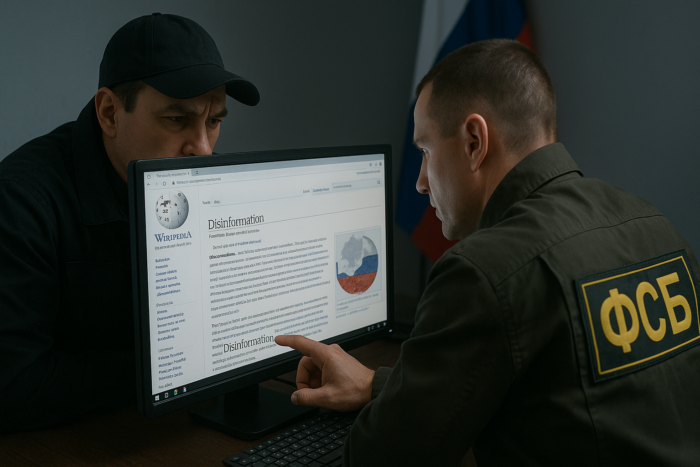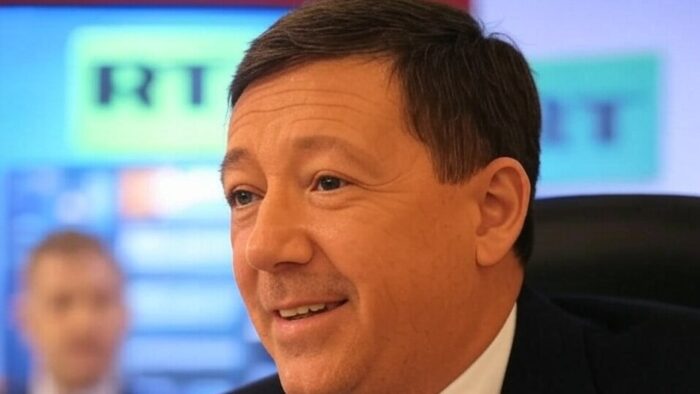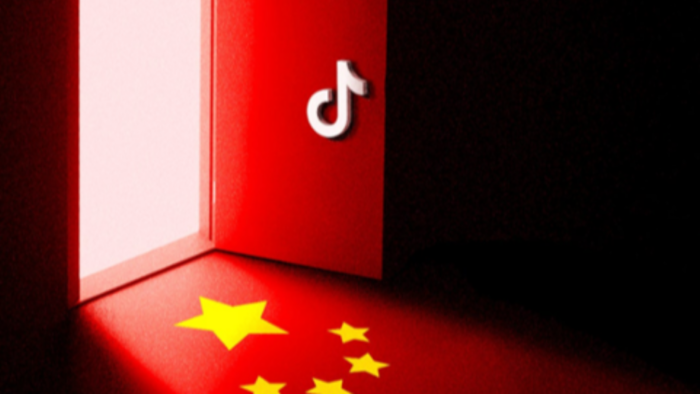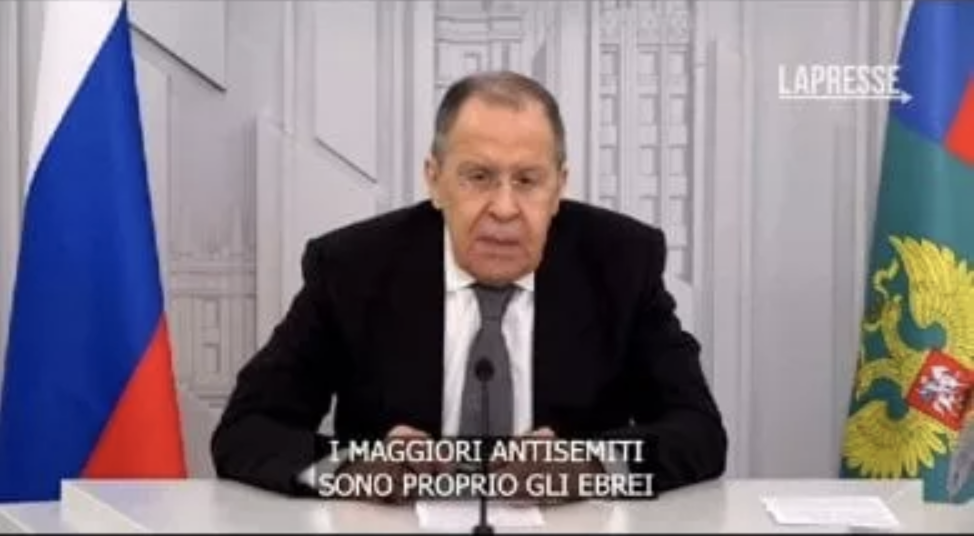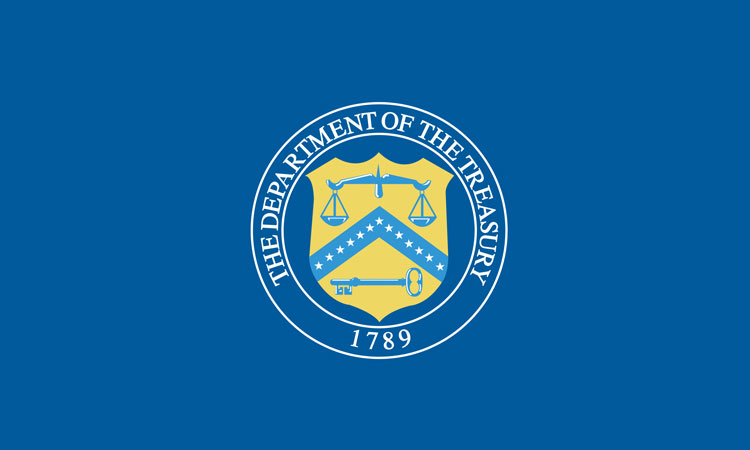The New Yorker is reporting that current and former employees describe Russian state media as an “army” with many foot soldiers who never question their orders. They added that some of the coverage, directly mandated by Kremlin officials, aimed at showing the inefficacy of Western sanctions against Russia. According to the article:
May 18, 2022 Coverage is repetitive not just from day to day, television channel to television channel; nearly identical stories appear in print and online media, too. According to a number of current and former employees at Russian news outlets, there is a simple explanation for this: at weekly meetings with Kremlin officials, editors of state-controlled media, including broadcasters and publishers, coordinate topics and talking points. Five days a week, a state-controlled consultancy issues a more detailed list of topics. (The organization did not respond to a request for comment.)
Read the rest here.
The employees say the list generally contains six to ten daily topics designed to supplement the Ministry of Defense’s war updates. They said topics fell into four broad categories: economic, revelatory, sentimental, and ironic. The unnamed employees also said some of the stories were designed to show that Western sanctions against Russia had made life harder in Europe than in Russia, with others alleging that, in America, journalists would be punished for telling the “truth” about the United States. The list provided by Ministry of Defense officials also contained a story about Ukrainian refugees purportedly revealing their criminality by shoplifting in a Western European country.
Recent reporting by the Global Influence Operations Report (GIOR) about the Russian state media has included:
- An April 2022 report that Switzerland had not followed most of the rest of the Western world in banning Russian state-run news networks, such as Russia Today (RT) and Sputnik.
- A May 2022 report that one of Russia’s top propagandists in Latin America had resigned from her job over Russia’s invasion of Ukraine.
- A July 2022 report that RT had sidestepped a Youtube ban by rebranding its content under a new name.

